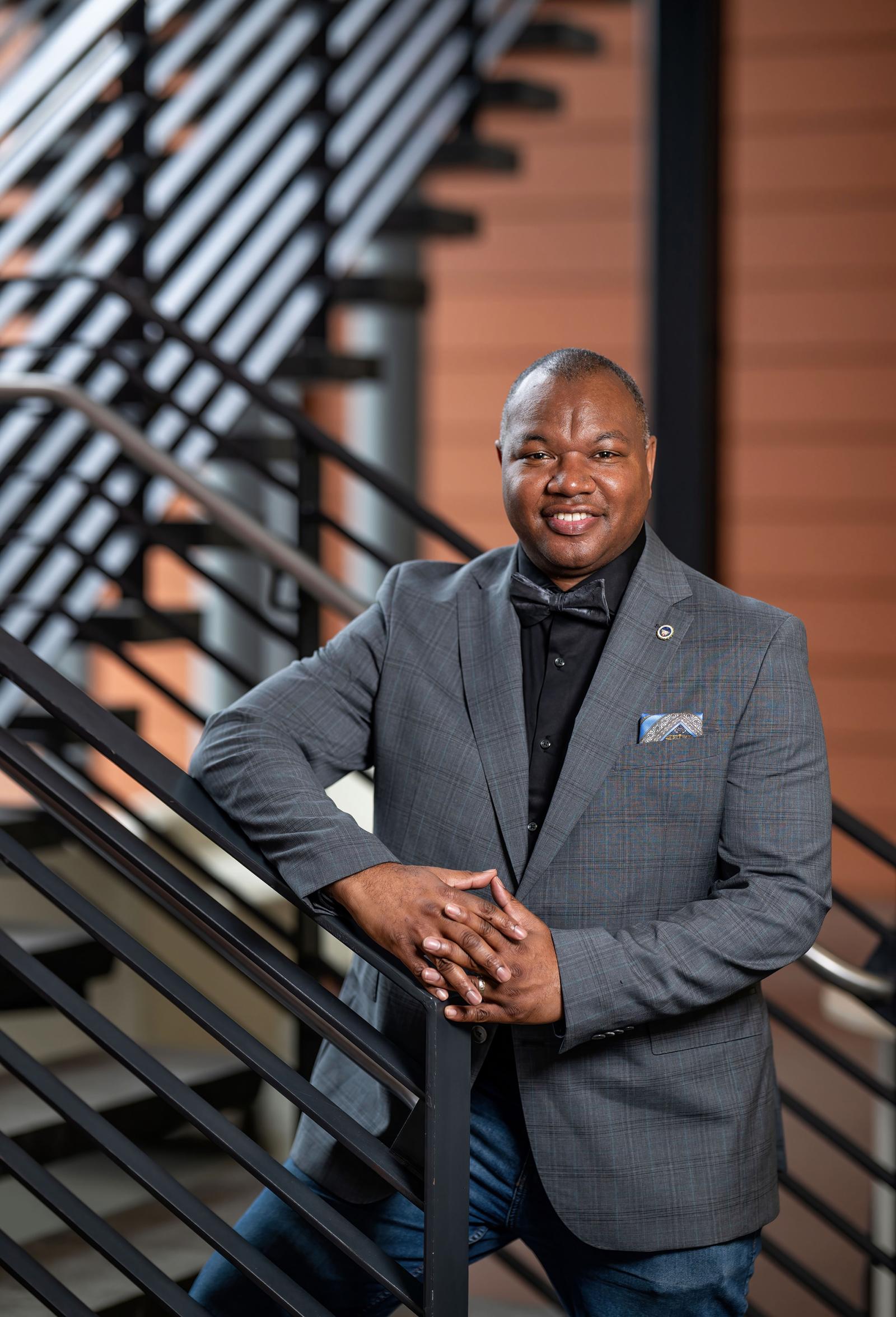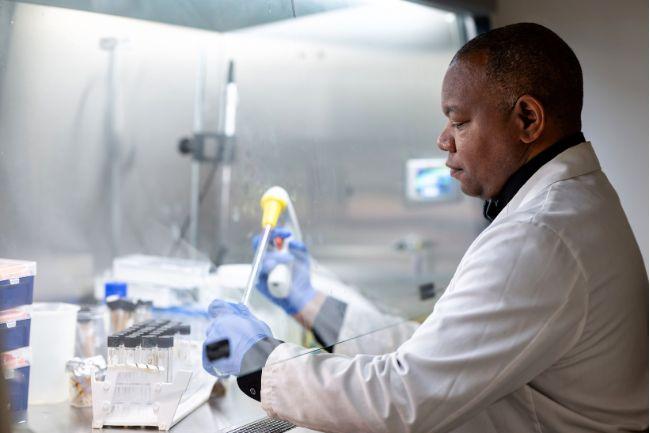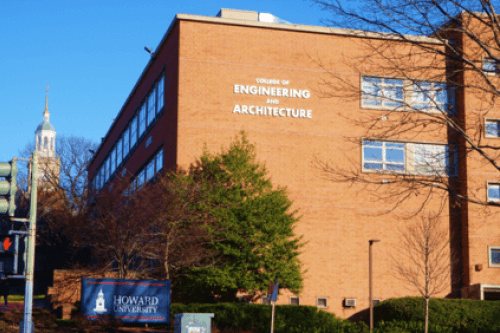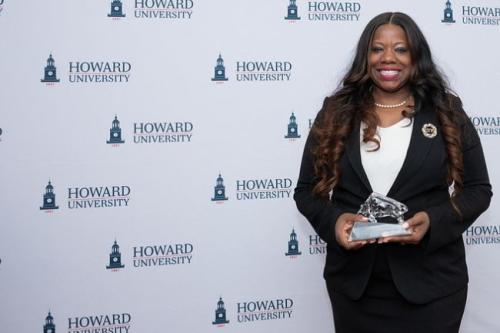
In the bustling halls of Howard University's Interdisciplinary Research Building, Room 319 is more than just a laboratory—it's a hub of scientific discovery led by Dr. Karl Thompson, an associate professor in the department of Microbiology within the College of Medicine. His research, which delves deep into the microscopic world, is unique in its focus on the intersection of bacteria and human health, a field increasingly recognized for its potential to revolutionize medical science.
Dr. Thompson's journey is a testament to academic dedication. A Howard alumnus with a Ph.D. in microbiology, he honed his expertise at the National Cancer Institute under Dr. Susan Gottesman, a global authority in bacterial gene regulation. His postdoctoral work at Virginia Commonwealth University further refined his skills, leading him back to Howard in 2011, where he began crafting his unique research projects.
The Bigger Picture: The Value of Basic Research
Dr. Thompson's lab is a testament to Howard University's R1 research designation, reflecting a commitment to pioneering science and cultivating the next generation of diverse scientific leaders. The lab environment itself is as dynamic as the research conducted within. The anaerobic chamber, resembling a high-tech sci-fi apparatus, allows the study of bacteria in oxygen-free conditions, which is crucial for pathogens, and whiteboard sessions filled with animated discussions and complex diagrams, showcase the collaborative spirit driving the lab's intellectual growth. His work not only deciphers the hidden language of bacteria but also bridges the gap between microscopic worlds and human health, inspiring both his students and the broader scientific community.
A New Frontier: Linking Bacteria to Cancer
Dr. Thompson's team recently embarked on a groundbreaking project studying Cutibacterium acnes (formerly Propionibacterium acnes), a common bacterium that naturally resides on human skin, especially within hair follicles. It is well-known for its role in causing acne when it increases excessively. However, researchers have made an unexpected observation over the past two decades: this skin-dwelling bacterium frequently appears in prostate cancer biopsies. Dr. Thompson's team has taken on an intriguing challenge, inspired by graduate student Taylor Lofton, who is intrigued by the link between microbes and cancer, to uncover how a bacterium commonly associated with acne might also influence cancer development—highlighting the lab's dedication to exploring uncharted scientific territories influenced by student curiosity and innovation.

Shaping the Next Generation of Scientists
Dr. Thompson's influence extends beyond his research. He is deeply committed to mentoring undergraduate students and shaping future scientific leaders. His lab has trained numerous undergraduates through extensive hands-on experiences, equipping them with skills that have led to prestigious internships at top institutes nationwide.
The Thompson lab has proudly mentored three Goldwater Scholars—two of whom continued their research under Dr. Thompson. Both a part of the Karsh STEM Scholars Program, Alexandria Adigun (B.S. '21) is now an M.D. / Ph.D. student at the University of Pennsylvania, while Ananya Hota, a graduating senior, is also a 2025 Fulbright Semi-Finalist. The award is one of the oldest and most prestigious national STEM scholarships. Katelyn Robertson, also a Goldwater Scholar, shifted her focus to neuroscience research at the National Institute of Health (NIH) for the remainder of her undergraduate years, but returned to the University, and is currently enrolled as a medical student in the College of Medicine. The lab also boasts the first Rising Black Scientist undergraduate awardee from Howard University, Olufolakemi "Fola" Olusanya.
Dr. Thompson's undergraduate alumni have gone on to secure postbac, Ph.D., and M.D. / Ph.D. positions at University of Pennsylvania, New York University, Washington University in St. Louis, Vanderbilt, NIH, and the University of Wisconsin at Madison. These achievements are a testament to Dr. Thompson's dedication to shaping the next generation of scientists.
"At HBCUs, unlike larger research institutions, our mission is to expose students to high-level research, fostering skills in hypothesis formation, experimental design, and critical thinking," Dr. Thompson explained. "All of that is important, and as you know, the landscape of the country is changing. It's important that we do that for our students now more than ever because there's the assumption that everybody that's Black or brown is 'DEI.'"
Dr. Thompson's research, along with his mentorship philosophy, reflect a deep understanding of the unique role HBCUs play in diversifying the scientific community.






